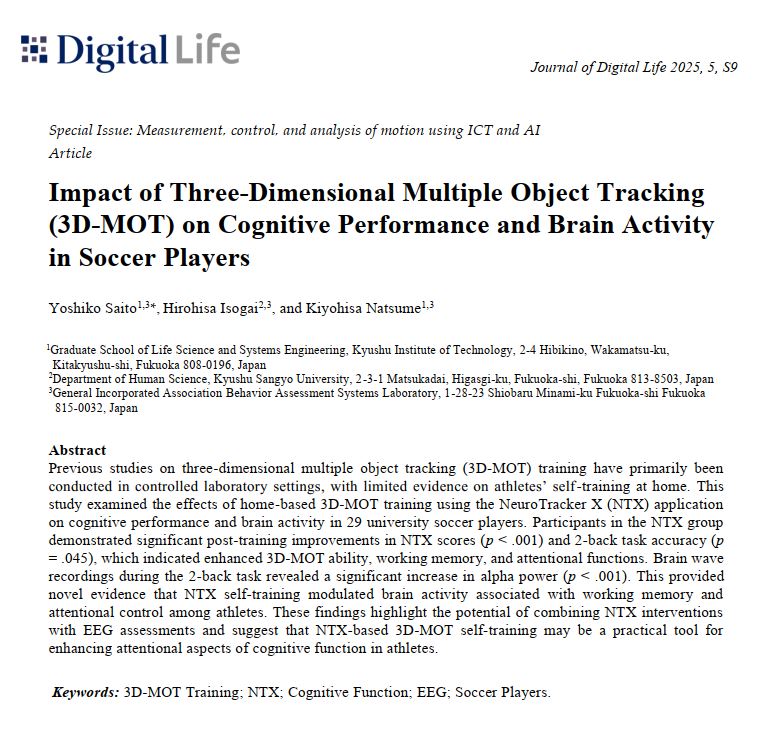Welcome to the Research and Strategy Services at in today's fast-paced.


Josh Freedland is a former collegiate football player and current National Academy of Sports Medicine (NASM) Certified Personal Trainer. He heads Brain & Body Performance, an enhanced neuroplasticity and performance training center, in the greater Boston area. He has a BA in psychology, with a concentration in Biology and Health, from Bates College.
In sports, reaction and anticipation are core elements that separate legendary players from their peers. Wayne Gretzky, the greatest hockey player of his generation, noted that a truly great player skates to where the puck is going. A good one, will just skate to where it is. While some may think these abilities are innate, and due to pure talent, I disagree. Of course, many great athletes may be born and gifted with great cognitive abilities -- but recent scientific research and technology has finally provided hope for the rest of us!
Luckily, you are not stuck with what you were born with cognitively. In general, if you’re slow in a certain physical activity, you don’t quit. Instead, you work out and try to get faster. For instance, if you’re weak, you go to the gym and get stronger. It’s the same concept with your brain. You can train your cognitive abilities!
At Brain & Body Performance, I use NeuroTracker to help athletes and others improve their brains – thereby leading to improved performance. I start my clients off with the standard session where they are required to track the targets while they sit down. Once the athlete gets used to tracking the objects while standing still, the real fun begins!
If my client is a hockey player, I might ask him or her to track the objects while stickhandling. In basketball, I might ask players to dribble one or two balls while doing so. Sometimes, players try to track the objects while standing on one foot or balancing on a board.
In competitive play, you’re required to see and recognize multiple things moving at once. The “drills” I give my clients are intended to simulate competition. In the heat of the game, athletes have to determine what the defense intends to do, even if their bodies may be doing something else. NeuroTracker helps these athletes make quick decisions, because they are able to see things faster. When you look at elite athletes, what sets them apart are their cognitive abilities. Training is not all physical, you also have to train your brain for a competitive edge.
It’s also beneficial to train your brain if you’ve suffered from a sports injury. When you are injured, you may be out for months at a time. Athletes aren’t able to practice, play in games, or get any mental repetitions while out with an injury. Your body may be ready to play after resting and rehab, but your brain will not be up to “game speed” once you do return to play.
During my junior year at Bates College, this happened to me when I suffered a concussion. When I finally returned to the football field, it felt like I was playing in slow motion and all of my surroundings were moving 100 miles per hour. It took me longer to decide if a play was a run or a pass. Blockers I had recognized in the past seemed to get the best of me. While I was out with my injury, my brain did not seem to get the normal “reps” that are essential in competitive play. Physically, I was definitely ready to play, but my brain was not up to “game speed.”
Athletes can use NeuroTracker while they’re hurt. This allows them to keep their brains in shape even when they can’t physically train. I recently worked with a hockey and lacrosse athlete who came to me after she tore her ACL. She trained with me while recovering and experienced a superb senior year as a goalie for her high school lacrosse team. She helped them reach the state semifinals! It was important that I help her get her brain and body back up to “game speed.”
Ensuring that your brain is ready to process activity on the field is crucial. Research has shown, for instance, that players have a much higher chance of sustaining a lower body injury after suffering a concussion. Scientists believe that this could be because the brain is overloaded when an athlete returns to the field after a hiatus, and it struggles to perform certain actions that are supposedly simple. In sports, having a slower reaction time, even by a fraction of a second, could mean the difference between winning and losing. Having elite cognitive abilities are what separate the great players from the good players. When training, it is important to simulate the cognitive load that you’ll experience in a game so that when it’s game time, it’s second nature.
Core cognitive abilities like memory and processing speed can always be improved. It’s really rewarding to go beyond sports for some applications, such as working with people who have ADHD, autism, or even the elderly who are struggling with cognitive decline. Everyone has a brain so everyone can potentially benefit.
I’m excited to be at the forefront of cognitive training and see where it all goes. I think it’s definitely going to keep getting bigger. In the next few years, I can see cognitive training being incorporated into all athletic training regimens. People will soon begin to realize that training your brain is just as important as physically training...if not more important.
This article was inspired by Grey Matters, written by Matt Williams and published in The Salem News on September 20th, 2016.







Welcome to the Research and Strategy Services at in today's fast-paced.

Learn about Marc Van Loken's growing mission for brain health advocacy with Marvalous Health.

Understand the unique challenges of gifted ADHD kids and strategies to help them find balance.

Learn about two pioneering centers led by Dr. Kakavas that integrate neuroscience, biomechanics, and elite rehabilitation methods.
.png)